THE HAIRY GIRAFFE… IN JAPAN
After three weeks in Japan, it’s time to reflect. How did we experience this journey? What were our joys, disappointments, questions, doubts, and discoveries? This is not merely an assessment of a country but rather of a trip—how we perceived it individually and subjectively.
 We are François and Benjamin, Canadian and French giraffe hairstylists and travel enthusiasts. On this blog, discover our travels, tips, moods, and everything you need to become a giraffe hairstylist and embark on travelling the world. An honest blog with photos guaranteed 100% unfiltered and untouched. |
Benjamin’s Travel Reflections
Summarizing a three-week stay in Japan is a delicate exercise because the country is associated with so many fantasies and expectations in the West that any criticism seems impermissible.
It was the second time I went to Japan and, in fifteen years, tourism has exploded, and the country has clearly changed a bit. In the meantime, I have traveled to about forty countries and I have also gotten older (yes, indeed…).
Let’s say it right away, I have never been particularly fascinated by Japan, which is, for me, a country like any other. That is to say, a country with its own history, culture, and landscapes that one can visit just as one visits Poland, Tunisia, or Brazil. And all the fantasies (and, let’s be honest, the exaggerations and even lies) repeated ad nauseam on social media by Western influencers have a terrible effect: they make the truth less exciting, even disappointing.
No, Japan is not (or no longer?) a futuristic country (the lingering economic crisis since the 1990s has clearly left its mark). No, Japanese cities are not charming little villages (the architecture of the big cities, including Kyoto, is at best utilitarian, at worst ugly). No, the Japanese are not always orderly and punctual (every train we took was late and in the subway corridors and staircases, everyone walks in all directions; it’s far from Chinese organization). No, cherry blossoms are not as pink as all the (photoshopped) images you find on Instagram.
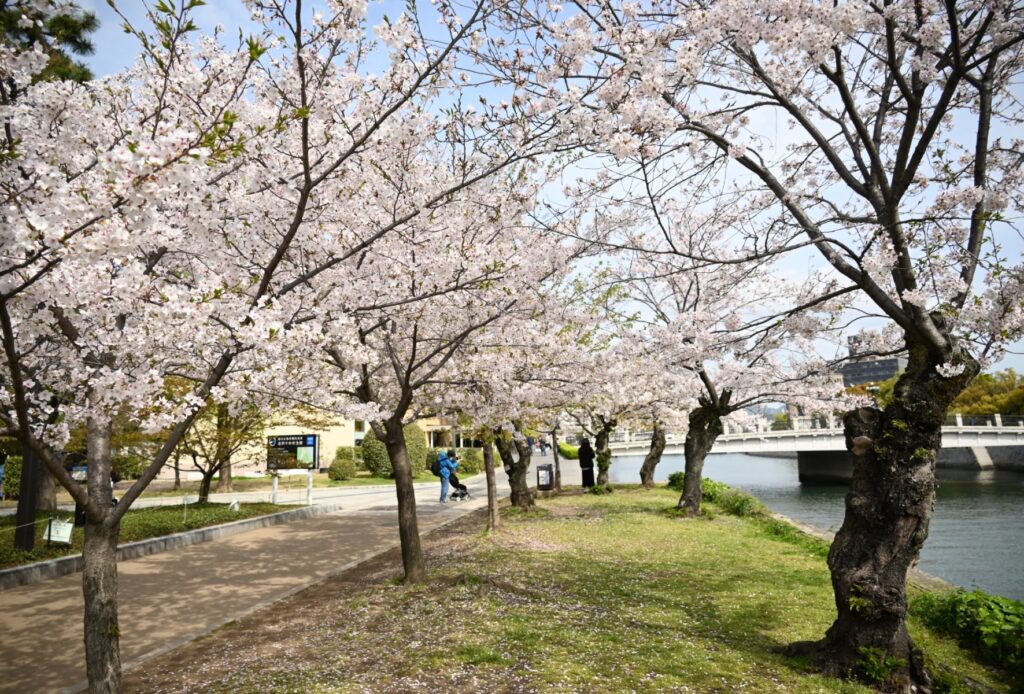
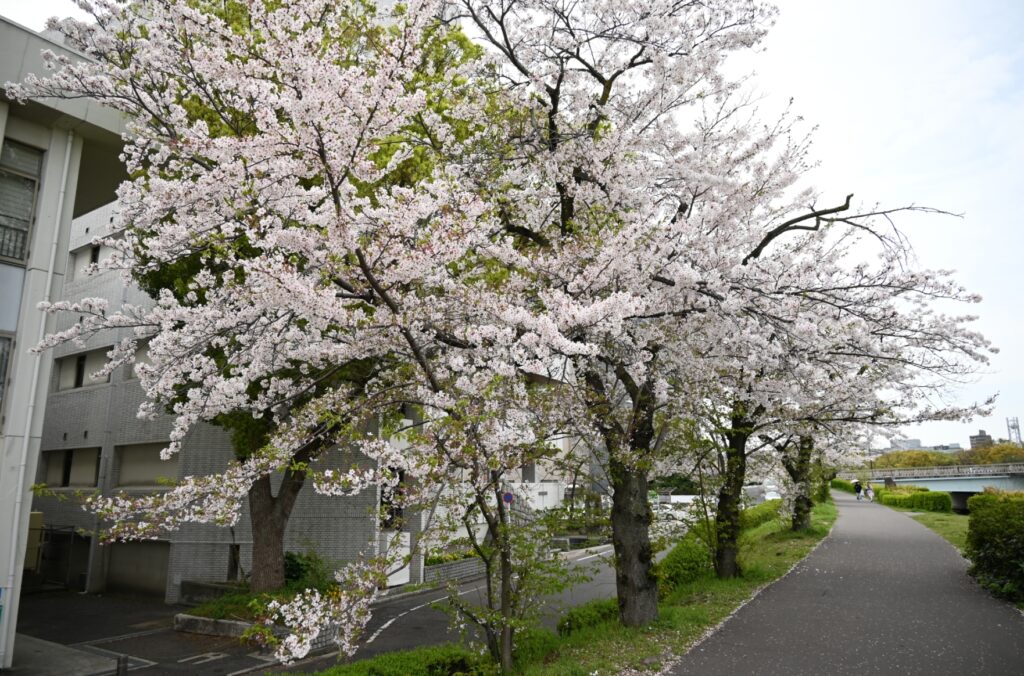
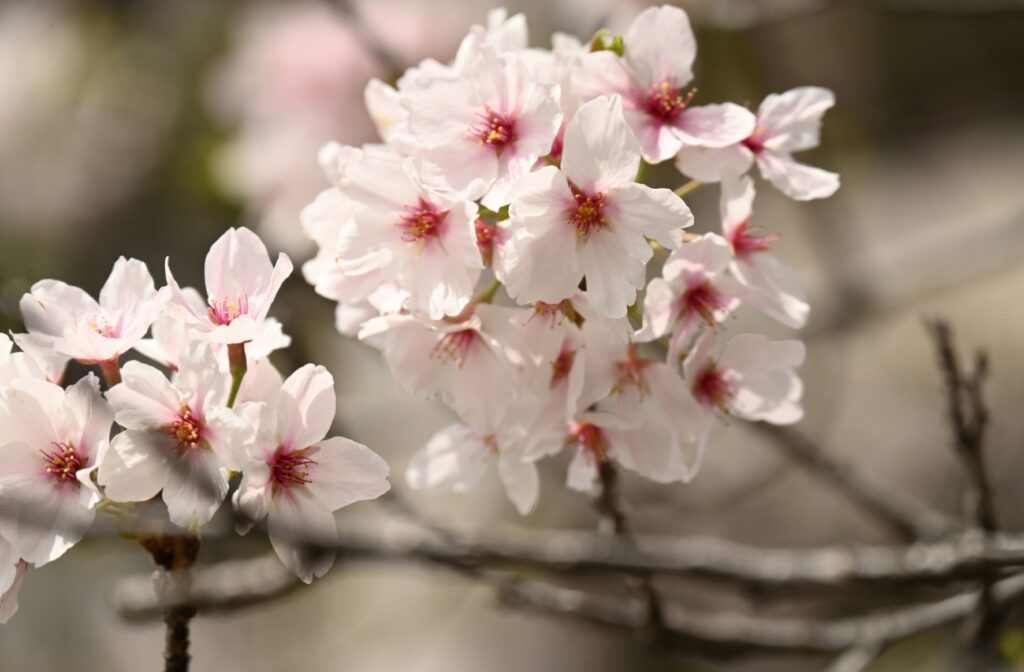
This last point perfectly illustrates the damage that social media can do to a destination. We had planned to travel to Japan after the cherry blossom season, primarily to avoid the tourist crowds. However, a cold snap delayed the blooming, allowing us to admire the cherry blossoms during the first week of our trip. The spectacle is beautiful. Unfortunately, having seen countless photos on Instagram, I expected something even more exceptional.
The overwhelming majority of cherry trees in Japan produce white flowers with a subtle pink hue. The season has a certain magic, created by the fragility and fleeting nature of the bloom. However, my expectations were excessive; I imagined entire streets covered with pink trees and found the spectacle somewhat disappointing, whereas the reality is beautiful enough that we don’t need the overabundance of doctored photos that flood the internet.
It is said that every year, dozens of Japanese tourists fall victim to “Paris Syndrome,” suffering from anxiety, dizziness, or vomiting when they discover the gap between their fantasies of Paris and the reality of the French capital, which has all the problems of a 21st-century global metropolis. This is what might happen to us if we continue to cultivate a false image of Japan.
I repeat: Japan is a country like any other. Going there thinking that everything is wonderful risks disappointment. When preparing for your trip, it’s best to disconnect from social media. And cultivating this image of a perfect Japan is also an insult to the daily reality experienced by more than 100 million Japanese people, who face problems like everyone else and do not live in a fairy tale.
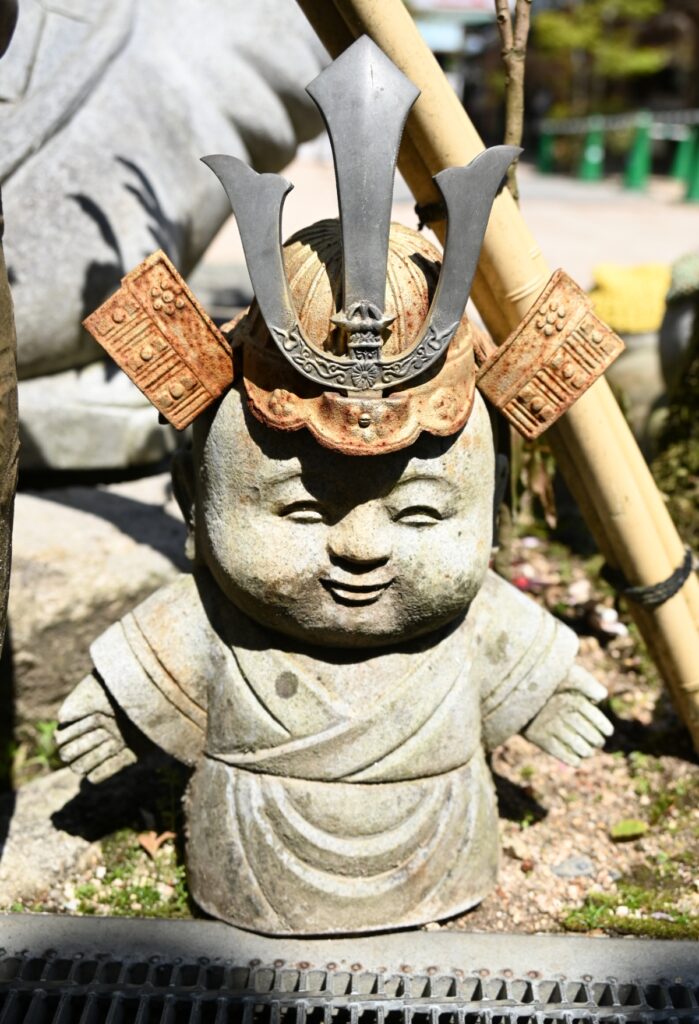
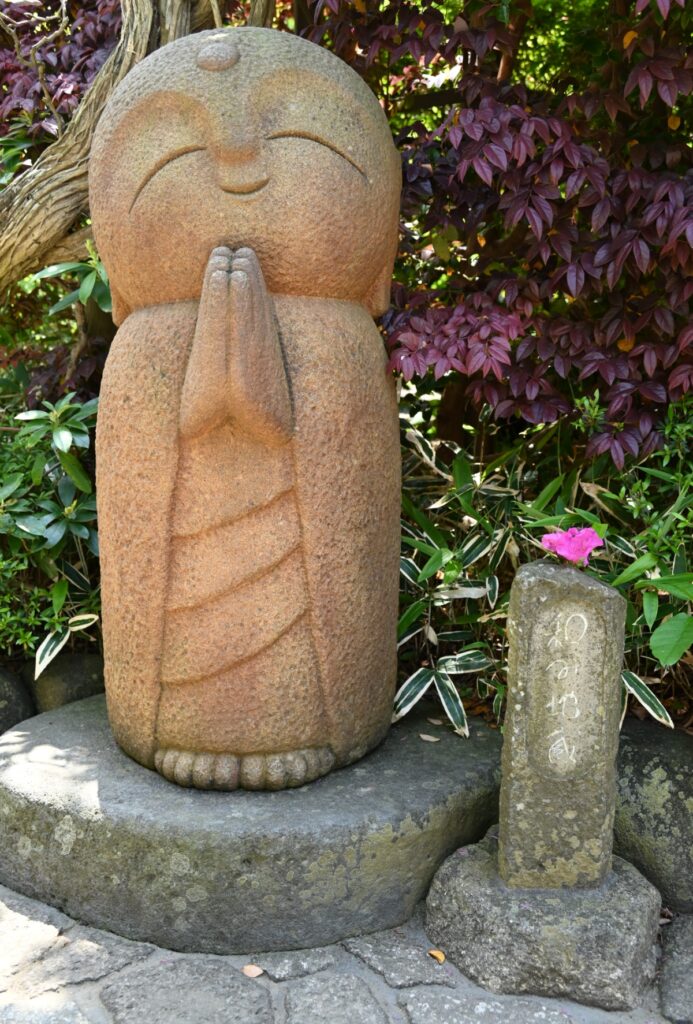
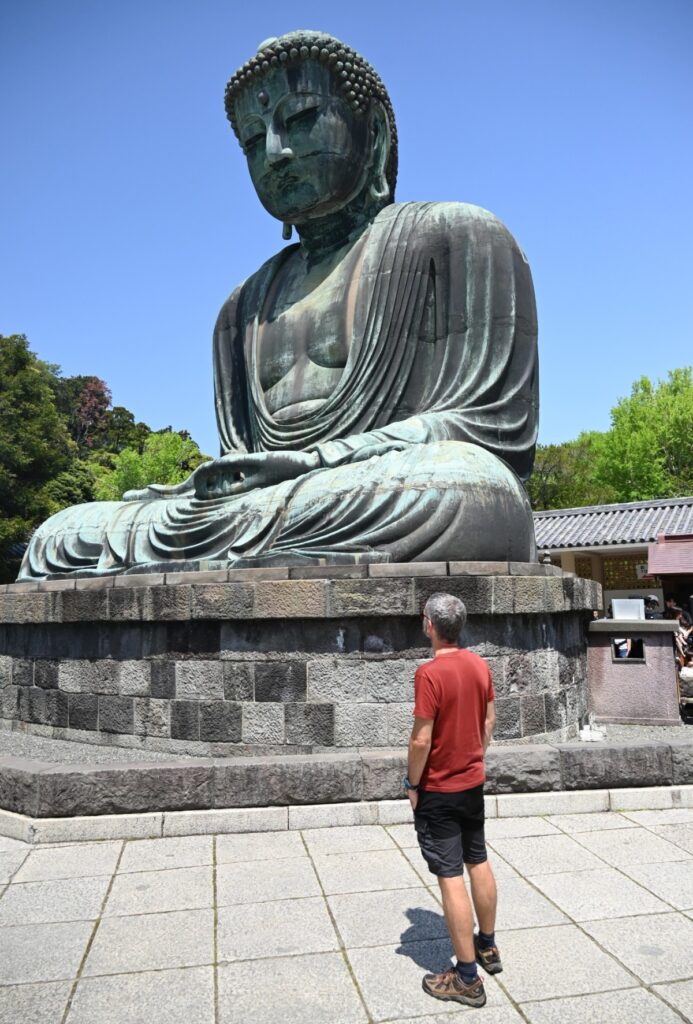
What is it really like to visit Japan? As I mentioned earlier, Japan is a country like any other, with its wonders and flaws. First, its wonders: I am always in awe of certain religious sites, like the temples of Nara or the Buddha of Kamakura. For those who love modern Asian cities, downtown Osaka and the Tokyo districts of Shinjuku and Shibuya are exhilarating experiences. Japanese cuisine is known for being excellent and quite affordable (though fans of French pastries that crack or crunch will be disappointed with the airy Japanese desserts). Moreover, traveling in Japan is simple and pleasant: everything is clean and now everything is indicated in English (during my first visit, almost no one spoke English, which has significantly changed!). Japan is an ideal destination for those who love contrasts, grew up fascinated by samurais or sumo, or, let’s not forget (and François reminded me too often during these 3 weeks!), for fans of Nintendo.
But Japan also has its flaws, and it’s important to be aware of them to avoid a disappointing trip. On numerous occasions during this journey, I couldn’t help but notice how far Japan’s societal model is from the French model. I find it shocking to see such a large number of elderly people working, often directing traffic in front of a parking lot or a construction site. In Japan, demographic and economic crises force one-third of 70-74-year-olds to work.
Similarly, I am always struck by the sadness and loneliness of people in public spaces. After a month in China, where people laugh, talk loudly, and spontaneously dance in public spaces, Japan seemed quite dull to me. At lunchtime, the majority of customers eat alone at restaurants, and many of them fall asleep before or after their meal. And they eat quickly, sometimes standing up. The Japanese work culture is very different from the model advocated by the majority of French people, and lunch break clearly does not hold the same significance.
On a broader scale, Japan is known for having many social rules. This is, in principle, a fascinating aspect for someone discovering Japanese culture and observing it with curiosity. However, these rules had two negative effects on me.
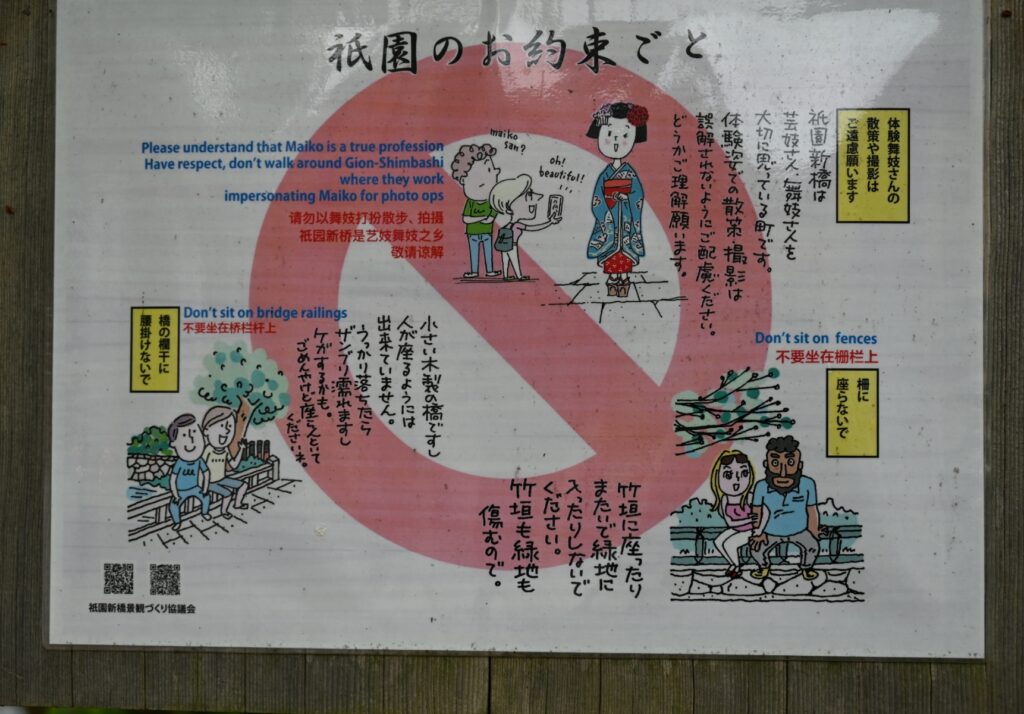
Firstly, I often felt like a bull in a china shop. I believe I am a rather discreet and well-mannered person, but the way Japanese people looked at every one of my movements often made me feel like nothing but a barbarian with primitive behavior. It must be said that the Japanese adopt many behaviors of surprising preciousness for a foreigner. Serving a dish or making a payment is a codified, almost theatrical process from which foreigners are naturally excluded.
All these codes also often made me uncomfortable. Yes, it’s pleasant at first to be greeted by dozens of thank yous from the entire staff of a restaurant (even those in the back of the kitchen who don’t even see you). But quickly, the seller-customer relationship seemed disproportionately unbalanced to me, and I felt uncomfortable when I was thanked profusely for buying a 1€ onigiri… Many rules, mostly implicit, then seemed to me to be very restrictive and sometimes contrary to the spontaneity one might expect from a society. Paradoxically, while the Chinese are subject to tight political control, the Japanese seemed more constrained in their individual freedoms due to social pressure. I may be completely wrong (although the suicide rate in Japan tends to support my view), but the Japanese model of society does not seem to prioritize the mental health of individuals.
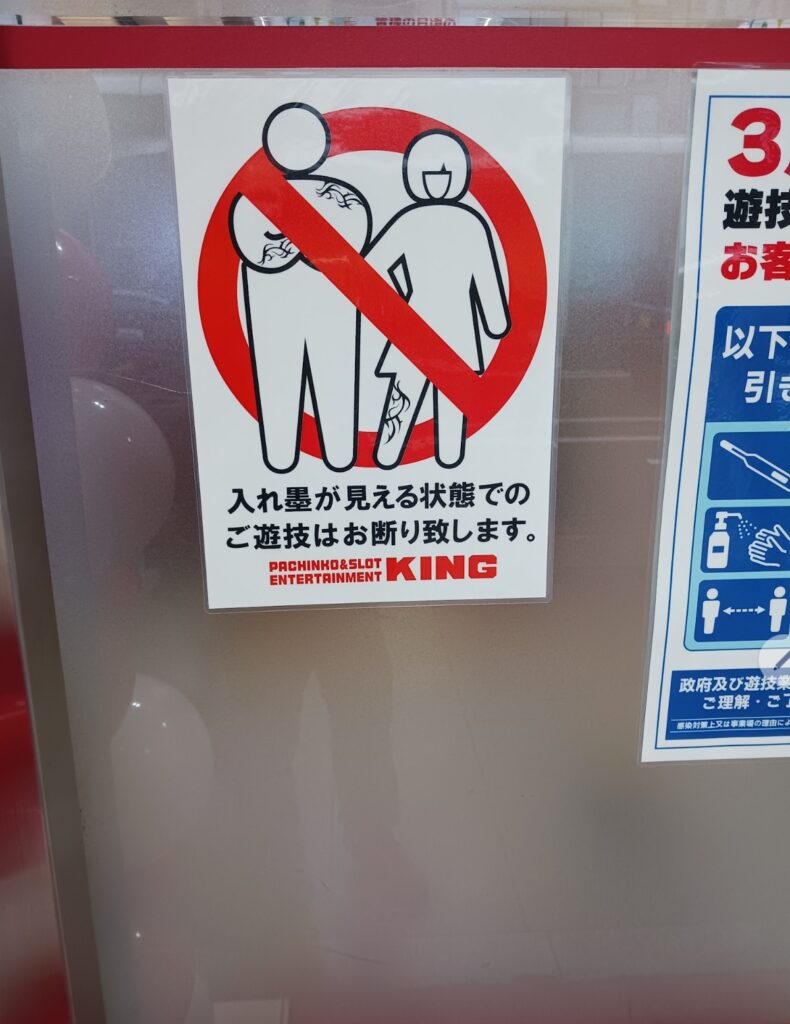
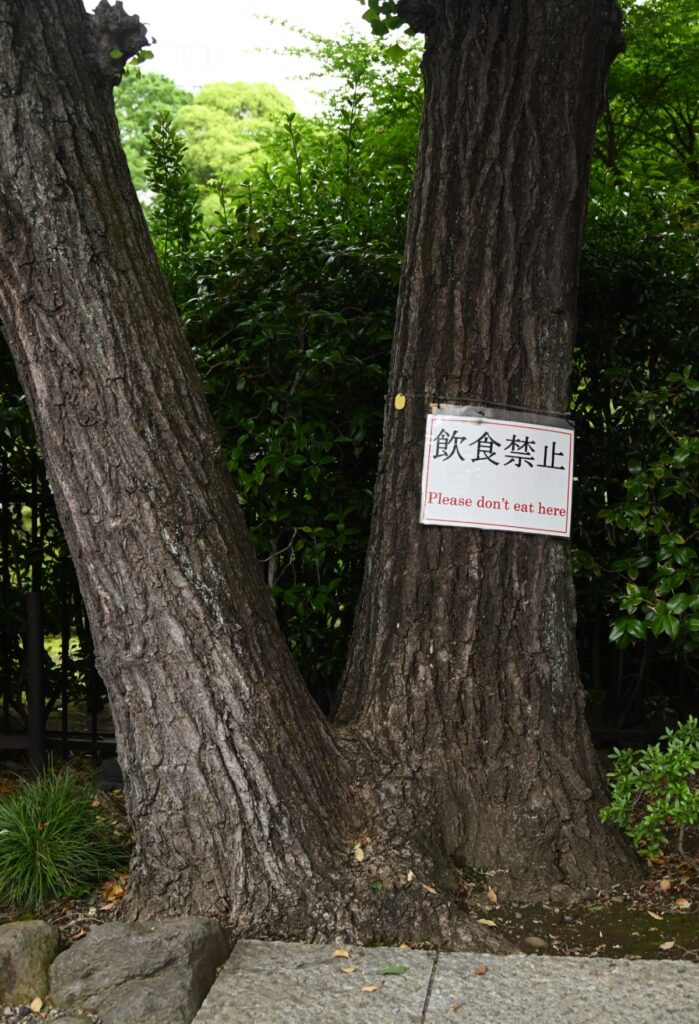
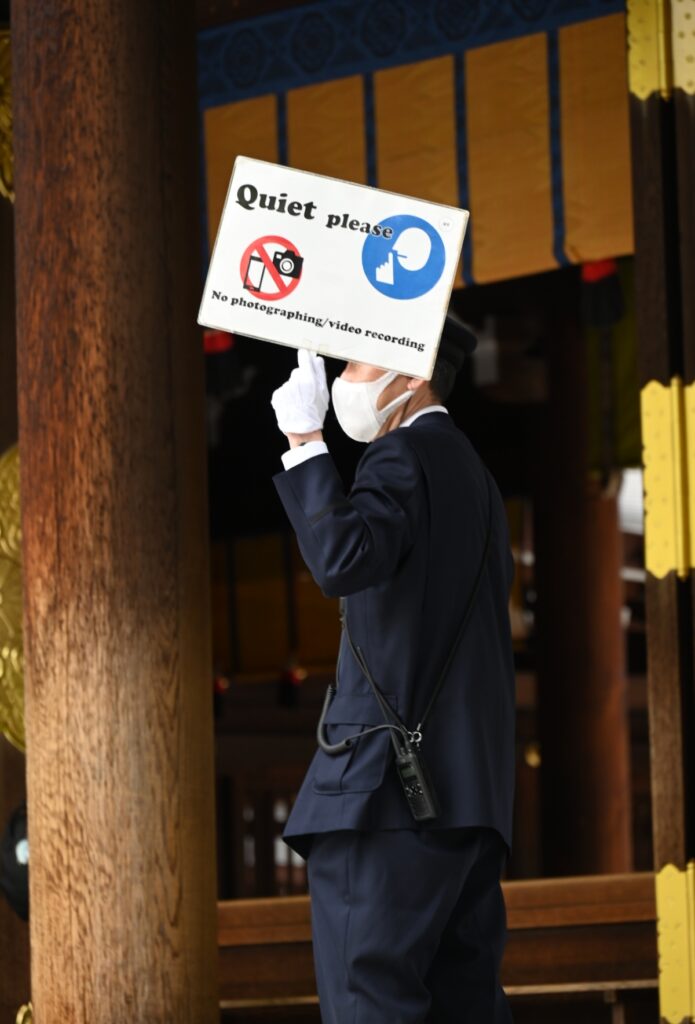
Far from spoiling a trip, embracing these elements can actually enrich it. Too many dictates are associated with Japan on social media, pushing us to ignore these facets of the country. However, mentioning them and preparing for them also reduces the risk of disappointment and the danger of experiencing a “Japan syndrome” oneself.
Japan is arguably one of the destinations most distorted by social media. And that’s a shame. The perfect country does not exist, and that’s also what I like about traveling: feeling, even if only superficially, the richness and complexity of each place, and seeing a bit how economic, political, cultural, and historical dynamics shape countries and nations. And that includes both the good and the bad sides.
By presenting a perfect image of Japan, social media create an ideal but false destination and, above all, a paradoxically impoverished destination. Japan deserves better than that. It is a country like any other, which is worth discovering for what it is, and not for what we would like it to be.
Check out François’ Travel Reflections:
Find all our other articles on Japan:




